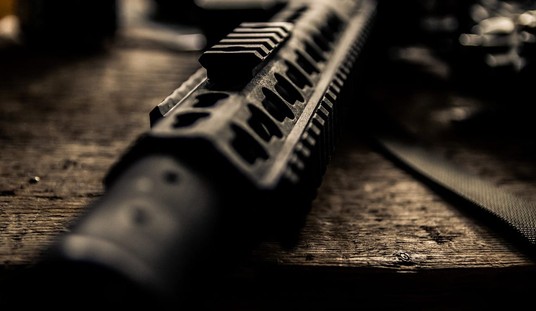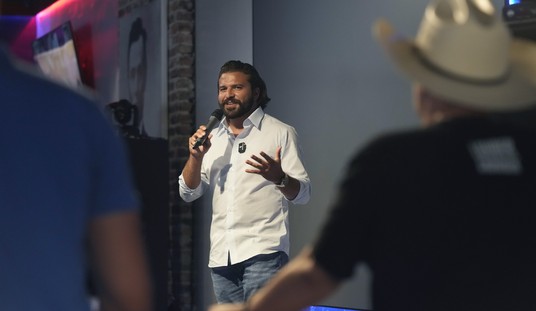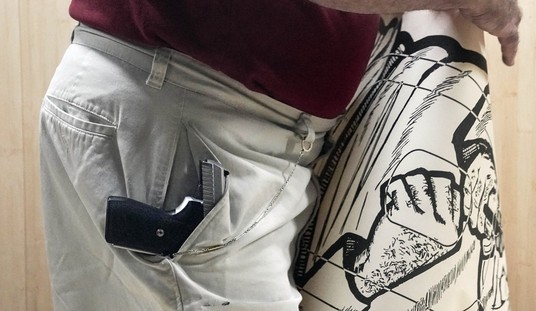An interesting fact was derived from research conducted by the University of New Haven on just who the perpetrators of gun violence in America are.
Professors Richard Spano and David Lambert used police incident reports from three major Connecticut cities to create a database of individuals who had both been shot and named by police in gun-related offenses from 2011–2016.
“We were specifically interested in seeing what sequence these incidents occurred: Are they a victim first, or are they an offender first?” Lambert says.
Of the 116 people the researchers identified, more than half—57 percent—had been shooting victims before they had been suspected of a gun crime by police. Ninety-nine percent of the subjects were male, 53 percent were younger than 21 years old, and 89 percent were black.
Lambert also admitted the research wasn’t able to account for people who have been shot at or threatened with a gun, since most individuals would not report those incidents, and theorized the percentage of victimized individuals perpetrating gun violence is more than likely much higher than 57 percent.
“The best predictor of violent behavior is previous violent behavior, but the next best predictor is violent victimization,” said David Kennedy, the director of National Network for Safe Communities.
“Probably the most important insight in understanding gun violence in the last 25 years is that the violence happens hugely disproportionately among a really small network of folks who are at astronomical risk of victimization and offending,” Kennedy concluded.
“Victimization isn’t exclusive to gun violence,” said Brent Peterkin, the Connecticut coordinator for Project Longevity, “they (men committing gun crimes) have their own little culture where violence is a normal and even positive way to deal with your conflicts. That’s the way things should be in their minds.”
Earlier this year, a Yale doctoral student published a similar study conducted on perpetrators of gun violence in Chicago. Through his research, Michael Sierra-Arévalo found that 83 percent of the violent offenders he surveyed said they had been or feared becoming victims of violence before obtaining a firearm.
Perhaps if the police would have a more successful clearance rate (currently a dismal 18.4% in Chicago), victims of gun crimes would feel safer in their communities and the cycle of gun violence could be broken once and for all. Of course, those found guilty and sentenced to jail time will probably just be granted early release or clemency.
For now, we’re left chasing our tails to follow the age-old gun violence loophole of which came first; the perpetrator of gun violence or the victim?









Join the conversation as a VIP Member